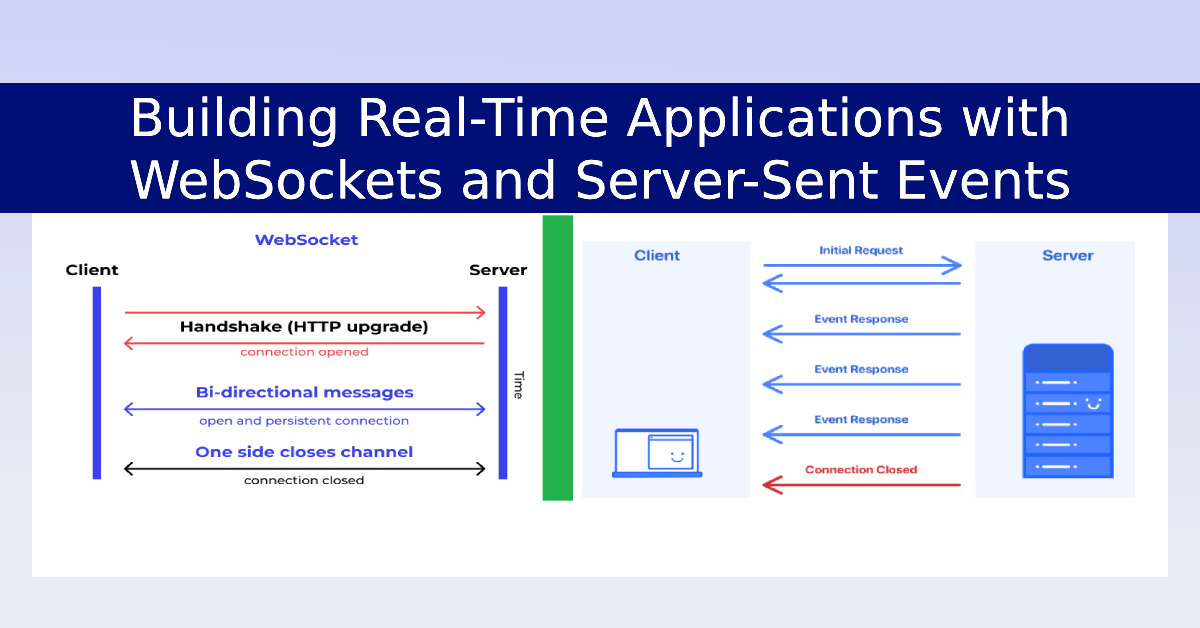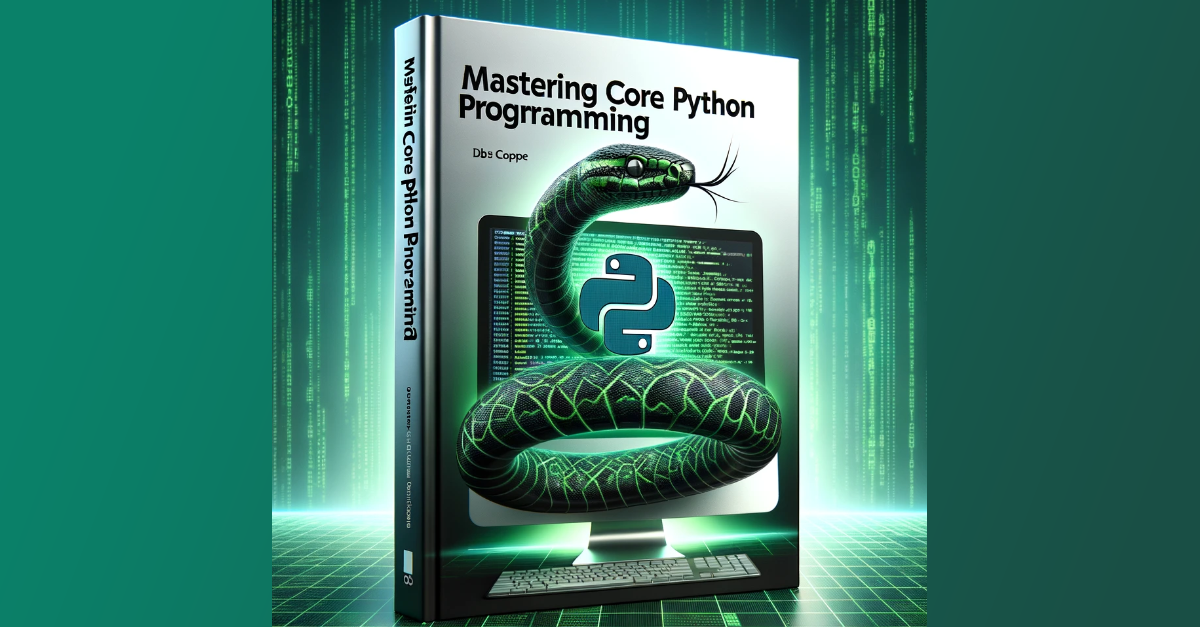Introduction In an era marked by rapid technological advancements, quantum computing stands out as a particularly revolutionary development. With its potential to solve complex problems that are beyond the reach of classical computers, quantum computing is not just a new technology but a paradigm shift. This shift brings a new imperative: software developers must now understand the basics of quantum mechanics. This necessity transcends academic interest and becomes a practical requirement in the quantum computing age.
The Quantum Computing Landscape Quantum computing fundamentally differs from classical computing in its approach and capabilities. At its core are concepts like qubits, superposition, and entanglement, which defy the straightforward logic of classical bits. These quantum bits can exist in multiple states simultaneously, a property known as superposition, and can be entangled with each other, meaning the state of one qubit can depend on the state of another, no matter the distance between them. Quantum gates manipulate these qubits, enabling the execution of complex algorithms. The current state of quantum computing is a blend of groundbreaking advancements and pragmatic applications, marking the beginning of a new era in computational capabilities.
Why Quantum Mechanics Matters in Software Development
- New Programming Paradigms: Quantum computing challenges the binary logic that underpins traditional programming. Developers must now think in terms of quantum states and probabilities. Understanding quantum algorithms, which can perform tasks unimaginable with classical algorithms, requires a fundamental grasp of quantum mechanics principles.
- Quantum Software Development: Quantum programming languages, such as Q# and Qiskit, are emerging, tailored to work with quantum algorithms and hardware. These languages are inherently different from classical ones, deeply rooted in quantum mechanics. For developers, this means that designing software for quantum computers isn’t just about learning a new syntax but embracing an entirely new way of thinking about computing.
- Innovative Problem-Solving: Quantum mechanics opens the door to solving complex problems, such as optimization challenges and intricate simulations, which are currently intractable for classical computers. Real-world examples, including drug discovery and traffic optimization, already demonstrate the unique solutions quantum approaches can provide.
- Understanding Quantum Hardware: The peculiarities of quantum mechanics directly impact how quantum hardware functions. For software developers, understanding this hardware is crucial, as it influences both the capabilities and limitations of the software they develop.
Challenges in Learning Quantum Mechanics The journey into quantum mechanics is not without challenges. The field is inherently abstract and counterintuitive, diverging significantly from the classical physics that most people are familiar with. Moreover, software developers must now bridge two seemingly disparate worlds: advanced physics and software engineering.
Resources and Pathways for Learning Fortunately, a growing number of resources are available to ease this transition. Online courses, textbooks, and workshops specifically designed for software developers are increasingly common. Institutions like MIT, Stanford, and various online platforms offer courses that blend quantum mechanics with computer science, providing a more accessible entry point for developers.
Case Studies Several success stories illustrate the benefits of this knowledge transition. For example, developers who understood quantum mechanics were pivotal in IBM’s quantum computing advancements. Similarly, startups focusing on quantum algorithms have found that a team versed in both software development and quantum physics can offer innovative solutions that were previously unattainable.
Conclusion As the world stands on the cusp of the quantum computing revolution, the importance of quantum mechanics knowledge in software development cannot be overstated. For developers willing to embark on this learning journey, the rewards are immense, not just in terms of career opportunities but also in shaping the future of technology. The integration of quantum computing into mainstream software development is not a matter of if but when, making the understanding of quantum mechanics an invaluable asset for any forward-thinking developer.
References
- National Institute of Standards and Technology (NIST). “Post-Quantum Cryptography.”
- IBM Quantum. “IBM Quantum Development Kit.”
- Microsoft Quantum. “Introduction to Quantum Computing.”
- Stanford University Online. “Quantum Mechanics for Scientists and Engineers.”



